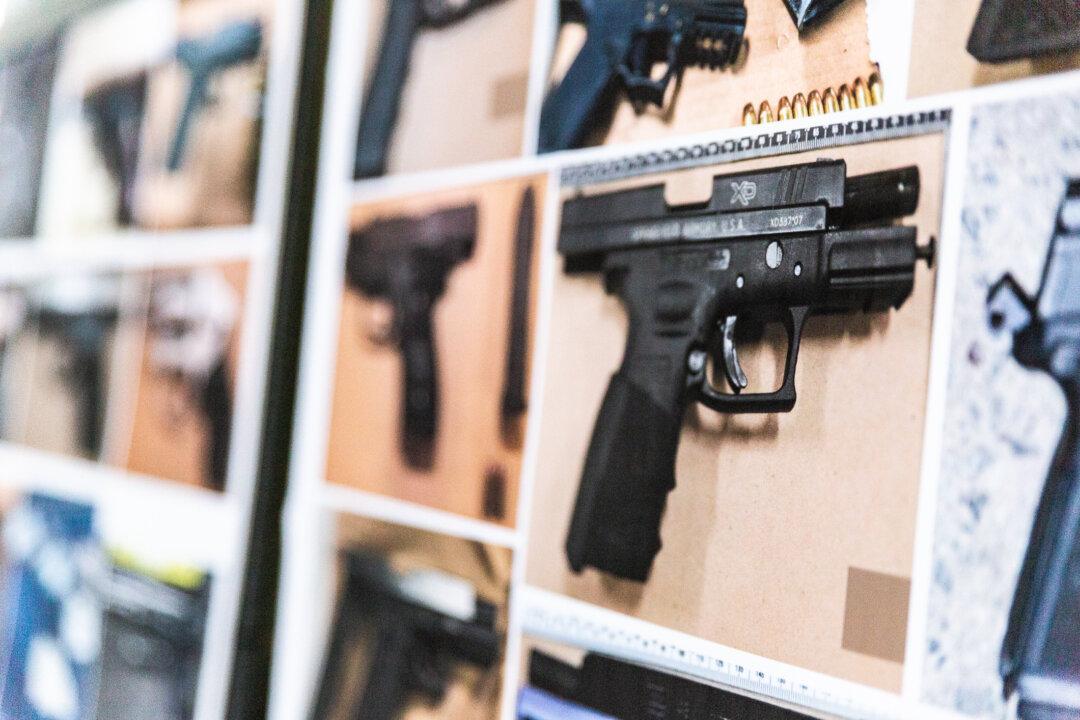California’s controversial new gun law that prohibits concealed carry of firearms in most public places was allowed to go into effect Jan. 1 following a last-minute decision by the 9th Circuit federal appeals court.
The three-judge panel in Los Angeles issued a temporary stay Dec. 30 against a lower court’s injunction against Senate Bill 2 due to a lawsuit.





